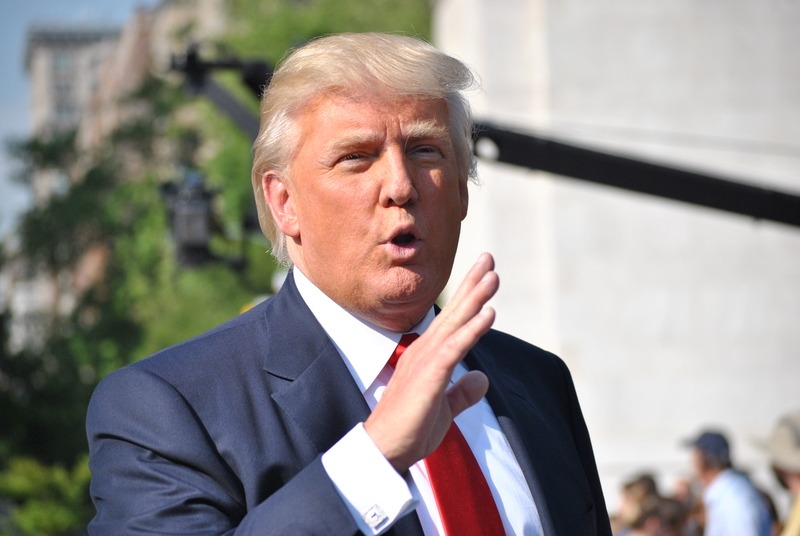In a significant move that could reshape the governance of America’s capital city, President Donald Trump called for a federal government takeover of Washington, D.C., while aboard Air Force One on Wednesday, February 19, 2025, after returning from an investor conference in Miami. The president’s remarks align with a growing Republican push to end the city’s limited autonomy, which has been in place for five decades.
Speaking to reporters, Trump expressed dissatisfaction with the district’s governance, stating, “I think we should take over Washington, D.C. — make it safe. I think that we should govern the District of Columbia.”
The push comes as Republican lawmakers Senator Mike Lee and Representative Andy Ogles have introduced comprehensive legislation, dubbed the “Bowser Act,” that would eliminate D.C.’s local government structure, including the elected mayor and city council. The bill would enable Congress to legislate directly for the district’s 700,000 residents, 44% of whom are African American, marking a dramatic shift from the current governance model.
Congresswoman Eleanor Holmes Norton, a dedicated advocate for D.C. self-governance, sharply criticized Trump’s remarks, arguing that they undermine democracy, spread misinformation, and show disregard for the 700,000 people who live in the nation’s capital. She emphasized that Washington, D.C., plays a crucial role in the national economy. Its population is larger than two U.S. states, its residents contribute more in federal taxes per person than any other state, and its overall economy is more prominent than 15 states.
Norton also pointed out that stripping D.C. of its limited self-rule contradicts the fundamental values that fueled the American Revolution, particularly the fight against taxation without representation.
Trump took aim at Washington, D.C.’s handling of homelessness, condemning the presence of makeshift tent encampments across the city’s once-stunning plazas and green spaces. He expressed frustration over how these conditions reflect on the nation’s capital, especially during high-profile diplomatic visits, arguing that such sights undermine the city’s image on the world stage. While he acknowledged the efforts of the Washington Metropolitan Police Department, he asserted that the force was being mismanaged and not deployed effectively under the city’s leadership.
Although Trump acknowledged having a personal relationship with District of Columbia Mayor Muriel Bowser, he argued that her administration failed to govern the city effectively. He insisted that the federal government take control, enforce strong law and order policies, and oversee a complete revitalization to restore Washington, D.C., to what he described as a flawless and well-maintained state.
The District operates under the Home Rule Act of 1973, providing limited autonomy while maintaining significant federal oversight. Under this arrangement, Congress can vet and potentially overturn any D.C. laws. The new Republican proposal would effectively return the city to its founding status of direct federal control, eliminating the current local governance system that has been in place for 50 years.
In defense of the city’s progress, Justice Department data directly contradicts Trump’s assertions about crime. The data show that violent crime in D.C. decreased by 35% in 2024 compared to the previous year and is currently at its lowest level in over three decades. Responding to Trump’s criticisms, Bowser highlighted the city’s significant achievements, including its AAA bond rating and the number-one ranking of its parks system in the country.
The push for D.C. statehood has gained significant momentum among Democrats recently, with the House of Representatives passing statehood bills in 2020 and 2021. The Senate version of the legislation has attracted 41 cosponsors, though previous attempts have failed to secure the necessary support for passage.
While similar legislation to revoke D.C.’s home rule failed in 2023, prominent Washington columnist Colbert I. King suggests this latest threat to D.C.’s autonomy represents the most serious challenge to date, citing shifting political dynamics and the erosion of traditional institutional safeguards. The current proposal faces significant hurdles under Senate rules but has generated unprecedented support among certain congressional factions.











